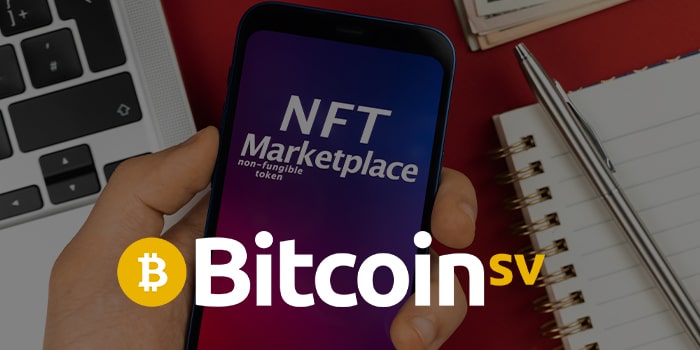
Bitcoin News
The Bitcoin protocol and its applications for the digital economy
Enterprises that realise Bitcoin’s potential will offer far superiour services in the digital economy, becoming market leaders in the Web 3.0 landscape.
History is filled with countless examples of people failing to notice the revolutionary aspects of novel technologies.
Often these critics were simply unconvinced of the marketed merits of a technology, such as critics of the automobile who felt horse drawn carts could achieve anything the auto could do for a fraction of the price.
Other times, as was the case with the luddites, these critics became actively engaged in destroying technological innovation out of a method of protectionism.
From the adage ’first they ignore you, then they laugh at you, then they fight you, then you win’, it’s almost more encouraging to be dealing with the ones actively working to scuttle your enterprise’s technological innovation.
The disinterested masses, on the other hand, tend to hold a linear thinking that will fail to grasp the exponential nature of man’s innovation, eternally missing the emerging contenders for serious disruption.
Innovation within the digital economy
The same phenomenon has occurred with the invention of the personal computer, the fax machine, and the Internet.
For such a brief name, the digital economy encapsulates all financial and social activities taken place via a digital information technology. This includes the entirety of social media, e-commerce, big data, sensors, and all other manner of telecommunication. Essentially, the term describes the complete workings facilitated through the Internet and various other networks that interface with it.
How Bitcoin addresses the shortcomings of the information economy
Although the aggregate value captured via this digital economy today is immense, there is still a massive amount of value that isn’t accounted for in this paradigm.
Just as the exhaust system on a car can discharge fuel that failed to combust, much of the activity that occurs on the Internet fails to have an accurate value placed upon it.
This is essentially due to the costly overheads of deploying legacy financial instruments on the digital landscape, which creates a minimum cost of $0.30 per activity.
The Bitcoin protocol is like a turbo charger for the digital economy. By increasing the granularity of accounting for value exchanged in the digital economy down to instant settlement of fractions of a cent, the protocol will lead to massive gains in performance for all manner of services.
In order to capture value from activities which exchange value less than that $0.30 threshold, activities are batched together into monthly subscription models which only offer gross resolution for lite, medium and heavy usage, often with tens to hundreds of dollars between these plans.
Free trial models where you must enter your credit card details for ‘security reasons’, which then automatically commence yearly billing if you forget to cancel the trial are all too common of a scheme for luring people into these exorbitant plans.
With secure non reversible micro and nano-payments, a user can instead pay per instance they use a service on the Internet; whether that be pay per API call, pay per search query or pay per email. When you can create such a payment relationship that can be settled in real-time it can allow better versions of these services being delivered.
No need for an API plan that provides a tier with the pricing sensitivity that it costs the same for 100,000 calls as 1,000,000. No need for search results to be littered with ads as Google could rake in $0.001 six billion times a day. No more spam emails as they all cost $0.001 to send and no big hit to the wallets of users as the daily activity on a far superiour Internet would only add up to a cent or two a day.
Couple this with the Bitcoin protocol’s natural synergy with the TCP:IP data and transport layer protocol and we may find incentivised routing paths for data packets, secure and private end to end communication that makes egregious surveillance state overreach borderline impossible, and at the same time maintains an immutable evidence trail for any of the frauds and scams that get perpetrated online.
Awaken to Bitcoin’s potential for the digital economy
99.9% percent of the population are sleeping on this possibility, and 99% of those people will always be sleeping on it.
A smaller subset is engaged in the fight of their lives, doing anything possible to disparage people from examining an unbounded Bitcoin protocol. They do this because they love the steady stream of credit card payments from people who forgot to cancel their free trial, or who paid for a million API calls and used 10,000, or who ticked the box in the terms and conditions to allow their entire Gmail inbox to be snooped through to see what ad can best be targeted at them.
These neo-luddites are engaging in similarly criminal acts of sabotage with orchestrated delisting campaigns, Social Media sybil attacks, defamation, frivolous and vexatious lawsuits and cartel behaviour to keep that 1% of the people sleeping on the technology in the dark.
It only takes a handful of enterprises to realise this potential for them to be able to offer far superior services in this digital economy, establishing themselves as market leaders in the emerging web 3.0 landscape.
The question is, where do you place yourself?



